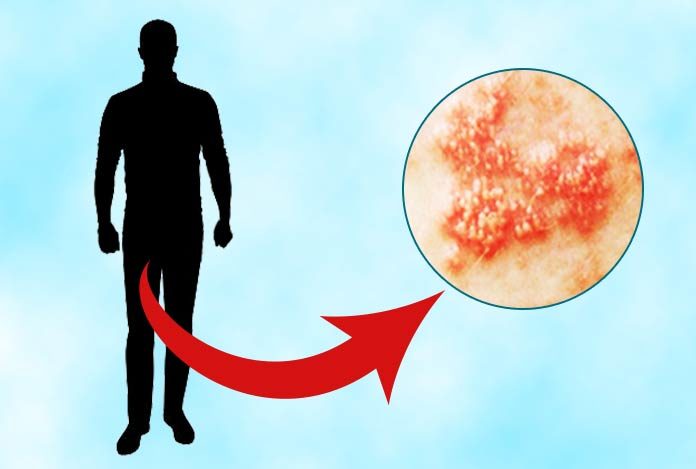
Overview and Facts
Genital Herpes is a type of a sexually transmitted disease (STD) caused by herpes simplex virus (HSV). Any sexually active person can get the disease. This disease forms herpetic sores in the genital area that cause itching and pain. These painful sores contain some fluid like substance. In some cases, the sores can break open and fluid may begin to flow out. The virus may remain dormant in the system and after the initial infection, it can arise again many times in a year. It is also possible that one may not show any signs and symptoms but still have genital herpes.
In the age range of 14 to 49, around 16% people have this STD in the U.S. About 80% of people infected by this virus are not aware that they have the infection as they show very few symptoms or no symptoms at all. Over half of the population with herpes get it from someone, who are themselves unaware that they have the infection.
Oral Herpes is transmitted to the genital with oral-genital contact. Its symptoms may appear on thighs, fingers, back and genitals. Symptoms could vary from people to people. In some, it may show up as blisters and sores, while in others, there might be just a mild rash.
Many people, who pass on the infection do not realize that by coming in contact with their sexual partners, they are putting them at risk. Polyurethane or latex condoms may reduce the risk of passing herpes virus, but do not completely eliminate the risk. As condoms do not cover all of the infected area, genital virus can still be acquired even after a condom use. Having genital herpes is not related in any manner, whatsoever, with cervical cancer.
The Centre for Disease Control and Prevention (CDC) has estimated that around 8 lakh people in the U.S. are annually infected with HSV-2 virus, but it is not sure as to how many are the cases of genital herpes and that of oral herpes.
Symptoms of Genital Herpes
Sometimes, symptoms may not appear in as HSV infection. And, at other times, symptoms may occur within a few days or weeks after the initial contact. Symptoms may even show up after months or years of getting the infection. These may start as blisters that break open and produce sores that takes several weeks to heal. Other symptoms like fever and swollen lymph nodes may also persist along with blisters.
Common genital herpes symptoms are listed below:
- Redness and cracking of skin around the genital area
- Itching, tingling sensation around the genitals or anal region.
- Blisters and painful sores. These may be present around the penis, anal area, vagina, buttocks or thighs. Sometimes, blisters may occur around the urethra – a tube through which urine passes.
- Women may feel pain as urine passes over through the sores
- Headache
- Pain in the back
- Symptoms as seen in flu, i.e., fever, tiredness and swollen lymph nodes.
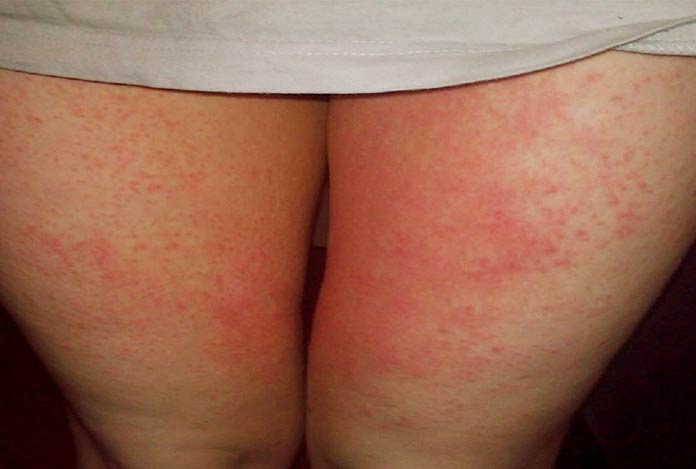
Risk Factors of Genital Herpes
Some common risk factors of genital herpes are discussed below:
- Gender: Genital Herpes is more common in women than in men. This infection can easily be transmitted from men to women.
- Young Adolescents: Since this population is more likely to engage in risky sexual behavior without using protective measures, they are more likely to get genital herpes.
- Number of Sexual Partners: It is obvious that greater the number of sexual partners, more would be the chance of contracting genital herpes. Frequently changing sexual partners comes with its own price.
- Sexual Contact with an Infected Person: Having sexual contact with a person, who has genital herpes.
- Condom Use: Improper or inappropriate use of condom. Latex condoms prevent STDs to spread.
- History of STD: History of sexually transmitted diseases makes a person more susceptible to get this infection.
- HIV or Other Infections: HIV infection or an infection that weakens the immune system.
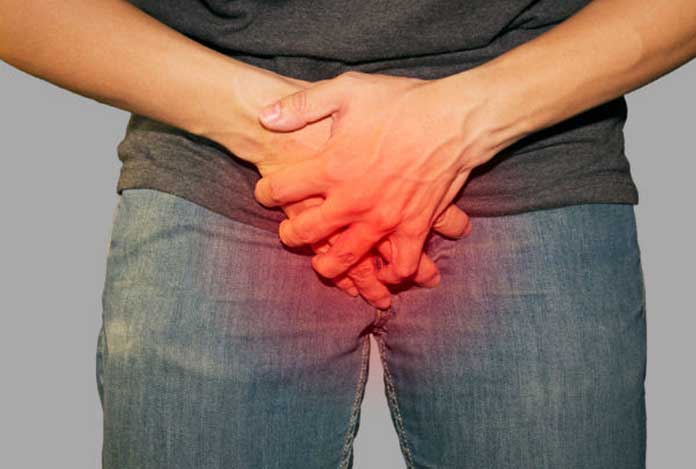
Do I have Genital Herpes?
Genital Herpes is not the only condition that produces symptoms as explained above. Sometimes, it may be mistaken for bladder infections, vaginal yeast infections, bacterial infections and so on. Genital Herpes is diagnosed by a physical examination, and it is confirmed using swab or blood test.
A thick white discharge, which is itchy in a woman may be a case of yeast infection. White or greenish vaginal discharge with fishy odor may be due to an STD, called trichomoniasis. Other vaginal discharge could indicate some bacterial infection. A rash on the groin could be yeast or fungus.
A doctor may take samples for diagnosis to rule out other conditions like molluscum contagiosum or genital warts. Even urinary tract infections could lead to burning in groin and irritation. Hence, it is suggested to see a doctor for appropriate diagnosis of the condition.
Causes and Prevention of Genital Herpes
Causes of Genital Herpes:
A common sexually transmitted disease, Genetic Herpes is caused by herpes simplex virus (HSV), which is of two types – HSV-1 and HSV-2. These affect the genital and anal area.
When HSV is present on the surface of skin of an infected person, it can be easily passed onto the other person through skin, which lines the mouth, genitals and anus. The virus may be caught by the other person through other areas of the skin and the eyes as well. Infection can occur in the following ways:
- Having unprotected anal or vaginal sex
- Performing oral sex with a person with cold sores
- Sharing of sex toys
- Genital contact with an infected person
The likelihood of passing the infection is more just before the appearance of the blisters. If a mother having genital herpes has sores while giving birth, the infection has greater chances of being passed onto the child.

Prevention of Genital Herpes:
To reduce the risk of contracting or passing the infection of Genital Herpes, following preventive measures can be taken:
- Use condoms while having sex. One can also use dental dams
- Refrain from having sex if symptoms are present in one partner (anal, skin to skin and/or genital). There may be sores on the areas that are not protected by the condom
- Do not kiss in case of a sore around the mouth
- Avoid multiple sex partners
- Alert the midwife of past herpes infection while delivery as pregnant women may transmit the infection to the child
- Don’t touch the herpes sores as infection can spread to other parts of the body. Right after touching the sore, one must wash one’s hands with soap and water
- Don’t wet spectacles or lenses with spit as it may cause infection to the eye
Some people may even feel that stress, illness, being tired may cause symptoms to reoccur. Identification of these triggers and avoiding them will reduce the chances of recurrence.

Diagnosis and Tests of Genital Herpes
Doctor can diagnose the condition on the basis of a physical examination and results of some lab tests that may be recommended. These tests include:
- Viral Culture: In this test sample of the sores is taken to the laboratory for testing
- Polymerase Chain Reaction (PCR) Test: This test is used to copy the DNA from a blood sample. DNA can be tested to show the presence of HSV and help determine which type of HSV one has.
- Blood Test: This test analyzes blood sample for presence of HSV antibodies for detecting a herpes infection.
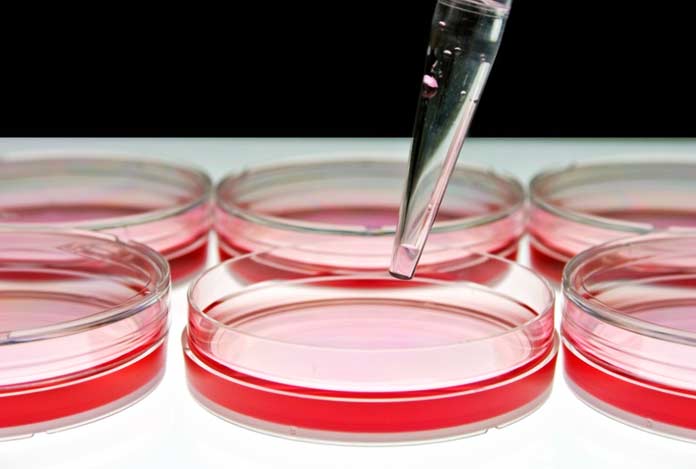
Treatment and Care of Genital Herpes
Mainly, there are three type of drugs used for the treatment of genital herpes – acyclovir, valacyclovir and famciclovir. These are available in the form of pills.
Initial Treatment:
If there exist symptoms like sores during initial diagnosis of genital herpes, the person will be prescribed a course of antiviral therapy to stop the sores from worsening. If sores are unable to heal during this time, doctor will let the person to be on drugs for a longer duration.
Intermittent Therapy:
An antiviral drug may be prescribed, which may be taken as pills for a course of 5 days as soon as one observes the appearance of sores. Sores may go away on their own; but if one takes drugs, the symptoms are expected to go away faster.
Suppressive Treatment:
If outbreaks of genital herpes are often noticed, then one may benefit from taking an antiviral drug daily. This is known as suppressive treatment. If someone experiences at least six outbreaks in a year, suppressive therapy can cut the number of outbreaks by 70% to 80%.
It has been found that many people, who take antiviral drugs daily see no outbreaks at all. Taking daily suppressive treatment may also reduce the risk of passing on the virus to a sex partner.

OTC Medications and Self-Management Methods for Genital Herpes
One can go for an over-the-counter medications or pain relievers like aspirin, acetaminophen and ibuprofen. These can help ease away the symptoms of herpes. Doctors may recommend soaking the affected area in warm water. But, it is advised to keep the area dry most of the time. One can use a hair dryer if using towel after bathing is uncomfortable. Also, it is advised to use a cotton underwear as it absorbs moisture better than synthetic fibers.
Some herbs and nutritional supplements have been studied by the scientists based on the patients’ claims that symptoms get relieved by these. However, this needs to be further investigated as opinions are mixed regarding. Some feel that these supplements work, while others have a totally different opinion.
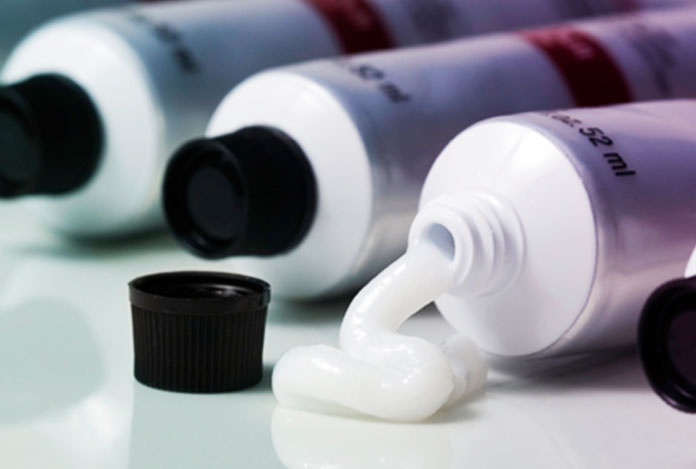
Natural Ways to Cure Genital Herpes
The symptoms of this infection can be effectively managed with natural methods as below-discussed:
- Echinacea extracts: It is believed by some people that Coneflower (Echinacea) extracts help the body’s immune system to fight infection. It has been claimed by some that it reduces the intensity and frequency of outbreaks of genital herpes. Some studies compared the effect of echinacea with that of a placebo. Echinacea was administered on 50 patients with genital herpes for a period of six months and effect of placebo for another six months was studied. No significant difference was found during the two time periods.
- Propolis-Based Ointments: Ointment containing propolis, a substance that feels like wax and is made by honeybees helps in healing the sores. Research show that healing takes place faster in people using propolis ointment as compared to those, who use antiviral drug, acyclovir or a placebo.
- Herbs and Mushrooms: Scientists have found that herb, Prunella vulgaris and an edible form of mushroom, known as Rozites caperata, contain chemicals that fight both HSV1 and HSV2.
- Aloe Vera: This can be used for direct application to the herpes sores and let it be allowed to dry. The soothing effect of the gel can ease away the symptoms, and allow the healing to take place.
- Ice: Fill a plastic bag with crushed ice and apply on the affected area for 10-15 minutes. This will help reduce itching as well as pain associated with Genital Herpes. Discard the plastic bag after use. Do not use it for prolonged durations as it can lead to tissue damage. One can even apply tea bags on the sores to find relief.

Health Tip by Expert
If the symptoms appear for the first time, do not touch the herpes sores and absolutely avoid sexual contact until they go away. Also wash your hands and keep your fingernails clean throughout the day.




